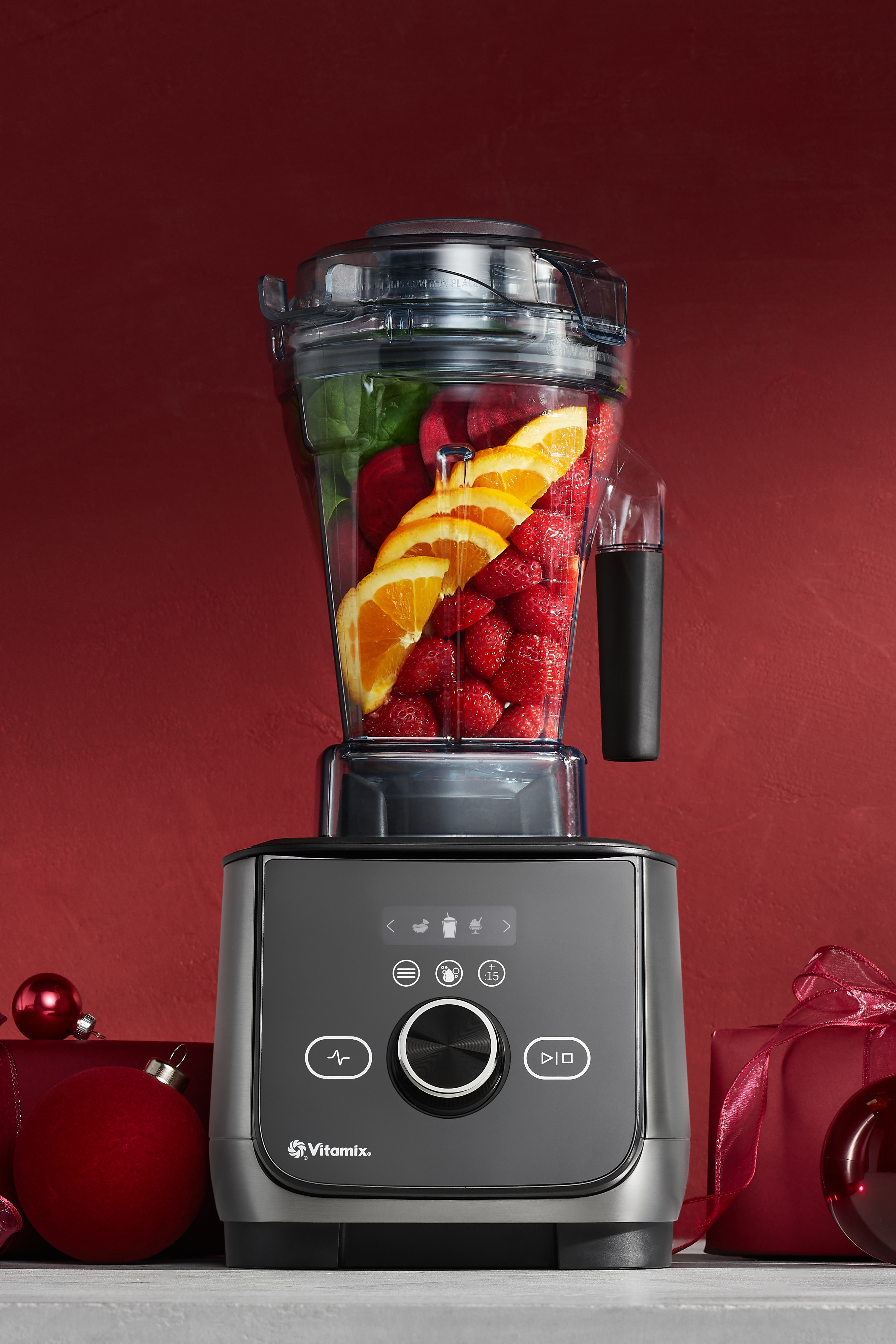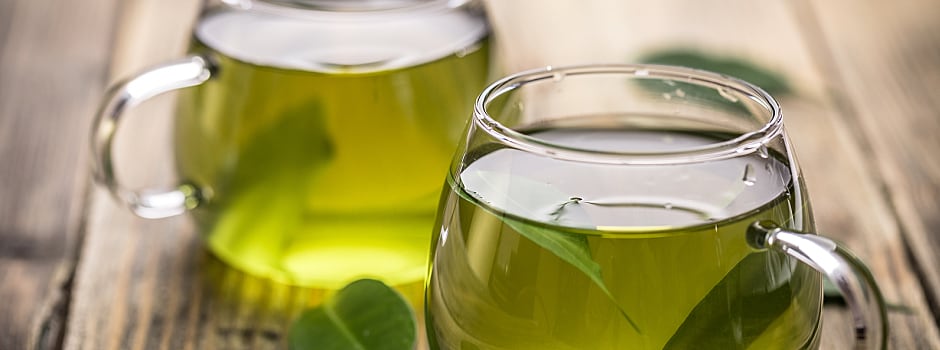You may have read articles and books that tout metabolism boosting foods as an easy way to burn more fat and lose weight faster. And of course, it's really tempting to believe them. After all, wouldn't it be great if all you needed to do to fit into a smaller pant size was sip green tea or drizzle hot sauce on your scrambled eggs?
The thing is, metabolism-boosting foods aren't exactly the magic weight-loss solution that they're sometimes made out to be. While certain foods can help your body torch a few more calories here or there, they probably aren't powerful enough to lower the number on your scale. Here's what science really says about metabolism-boosting foods and the role they play in weight loss.
How Metabolism-Boosting Foods Work
You already know that all foods and drinks (except water) contain calories, but you might not know that when you eat or drink something, your body actually burns calories during the digestion process. In other words, the simple act of eating and digesting actually raises your metabolism, and the amount it does depends on what you're consuming. Some foods, like white bread or sugar, are easy to digest. They don't make your body work very hard, so they only raise your metabolism a little. Others foods, such as those that are high in protein or fiber (think chicken or lentils), are somewhat tougher to digest. Because your body has to work harder to process them, they raise your metabolism a bit more.
Research has shown that some foods can have an even greater impact on your metabolism. Hot peppers, for instance, contain capsaicin—a compound that prompts the body to produce more heat and burn more calories. On the other hand, coffee and green tea contain caffeine and antioxidants, which are compounds that act as stimulants and, in turn, bump up calorie-burning.
Do They Help You Lose Weight?
It's totally true that some foods rev your metabolism more than others. But the extra calorie-burning boost probably isn't enough to translate to actual weight loss, according to experts who have spoken with the New York Times and the Mayo Clinic.
To put things in perspective, imagine tacking on an extra 30 seconds to the end of your workout or eating one less bite of food at dinner. Technically, exercising for a tiny bit longer will burn a few more calories. And saying no thanks to that last spoonful might shave a handful of calories off your total meal. However, the overall impact that these changes have on your total calories for the day is pretty small. And in order to lose weight, you need to burn a lot of calories—3,500 of them for every pound, to be exact.
The Bottom Line
Guzzling green tea or tucking jalapenos into your sandwich every day might give your metabolism a tiny boost. But the effect probably won't be powerful enough to help you shed pounds or fit into a smaller pant size—at least, not without making some other big changes. In order to lose weight, you need to eat a healthy diet and burn more calories than you take in.
Of course, every little bit helps, so think of eating more metabolism-boosting foods like taking the stairs instead of the elevator, or parking at the far end of the lot. These can all help you burn a few more calories and support your weight-loss efforts overall.
Related Articles

Understanding Intuitive Eating
Intuitive eating is an up-and-coming way of looking at food, health, and body image. Here's what intuitive eating entails and how it works.

How to Stop Emotional Eating for Good
Want to learn how to stop emotional eating? Here's a bit more about common triggers, as well as tips to help you form a healthy relationship with food.

Dandelion Greens: More Than Just a Weed
Dandelion greens are more than weeds. Here's a look at how to find and use these nutrient-filled leafy greens.



